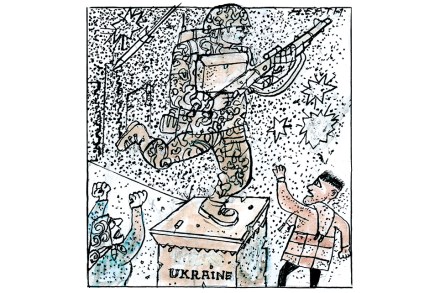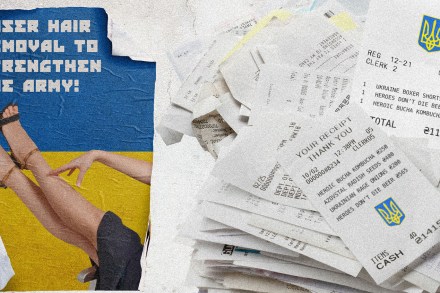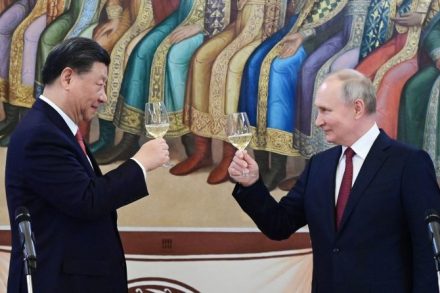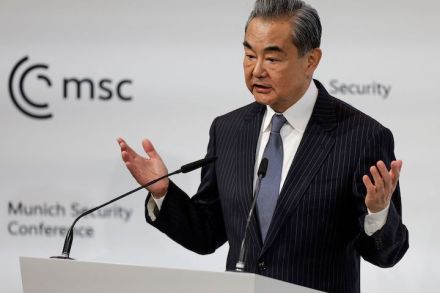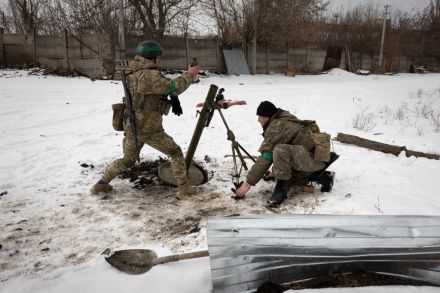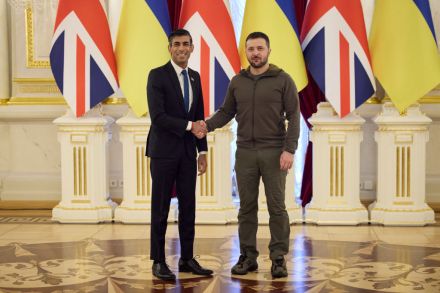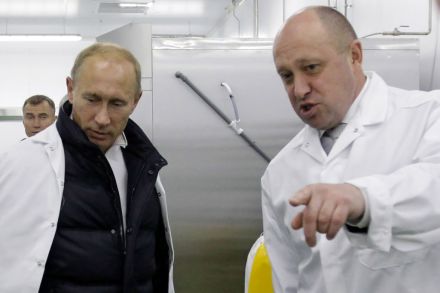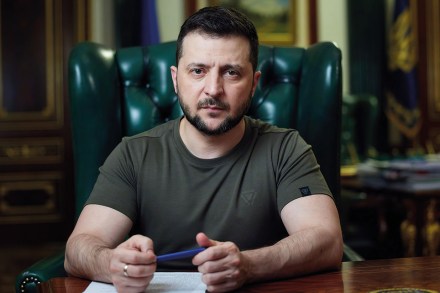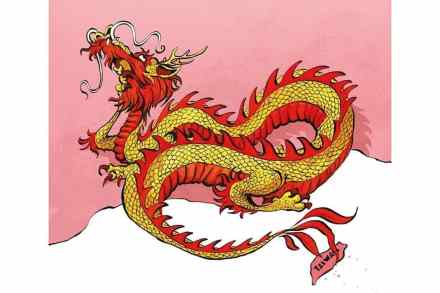Letters: Jeremy Clarke was an example to us all
Goodbye, Jeremy Each week I opened The Spectator at Low Life in part to read that brilliant column and, more recently, to see how Jeremy Clarke was coping with his deteriorating health. Always hoping the column would be there; that he had, despite excruciating pain, penned us another. Like very many of his regular admiring readers, I had found the last two weeks disturbingly sad and last week we learned that he has died and is free at last from his suffering. As an oncologist, during a career treating thousands of patients, at first ones with prostate and other urological cancers, and later ones with breast cancer, I have seen







